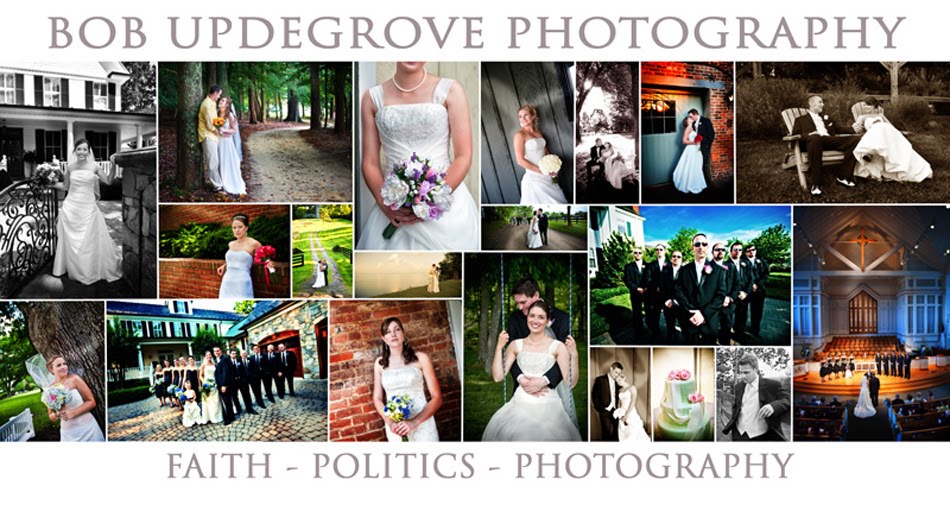
I photographed a wedding yesterday. It was a beautiful day and everything seemed to go fine all around. One of the things I particularly appreciated was that Charlotte and Ernie decided they wanted to do as many photos prior to the ceremony, including the ones of the two of them together. My experience has always been that when couples opt to do it this way they are extremely happy with their decision. Not only are they allowing more time to spend with their guests, but they are also much, much more relaxed throughout the day. All the tension of seeing each other is over. Charlotte and Ernie built in a time for when they would first see each other and got to spend several minutes alone (well okay, I was there photographing them, including the image above) before embarking on the photography duties.
I don't push couples either way on when and how their photo session should go, but I do let them know that I am a big fan of doing everything prior to the ceremony. If there is a chance of rain later in the day, it is good to know you got the photography in and over with before that rain comes. If you are concerned about your guests waiting too long after the ceremony, doing all the shots before the ceremony greatly reduces that time.
The day before this wedding I was driving through Leesburg and saw a wedding couple on the sidewalk doing their photos after their ceremony. I knew it was after the ceremony because when I drove by the reception site I saw the guests milling around. I thought to myself that it seems strange to invite all these family and friends to a ceremony and reception, but then you are spending a significant amount of time away from them, doing something that could have been done earlier when the guests were not around. And it seems strange to do these important photos of the couple during a time that is usually rushed and you just want to be with your guests.
I would encourage wedding couples to seriously consider having all their photos done prior to the ceremony. I know it's not traditional to do it this way (I would say about 40% of my weddings do their photos prior to the ceremony), but I'm not quite sure what the point of this tradition is in the first place. You can have that moment of first seeing each other, and I believe that time when you see the bride coming down the aisle will still be magical, simply because of the moment.
